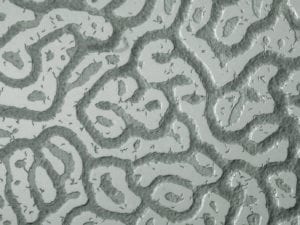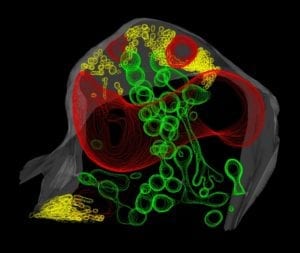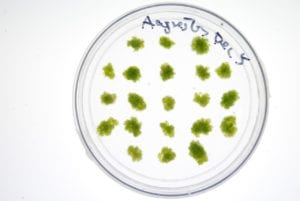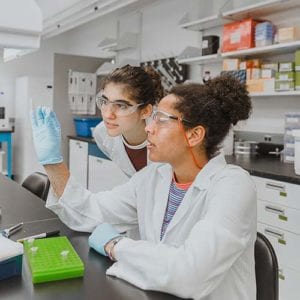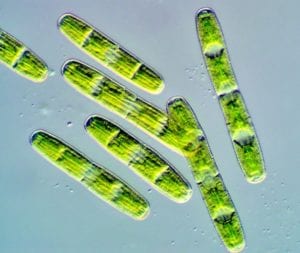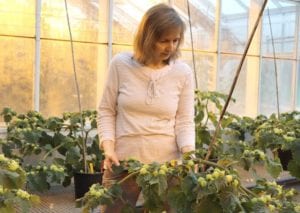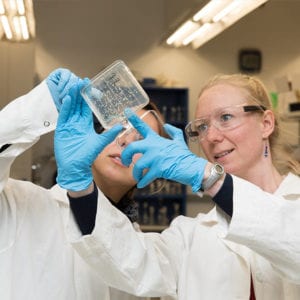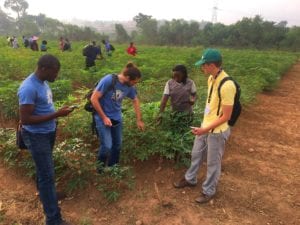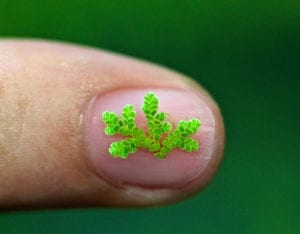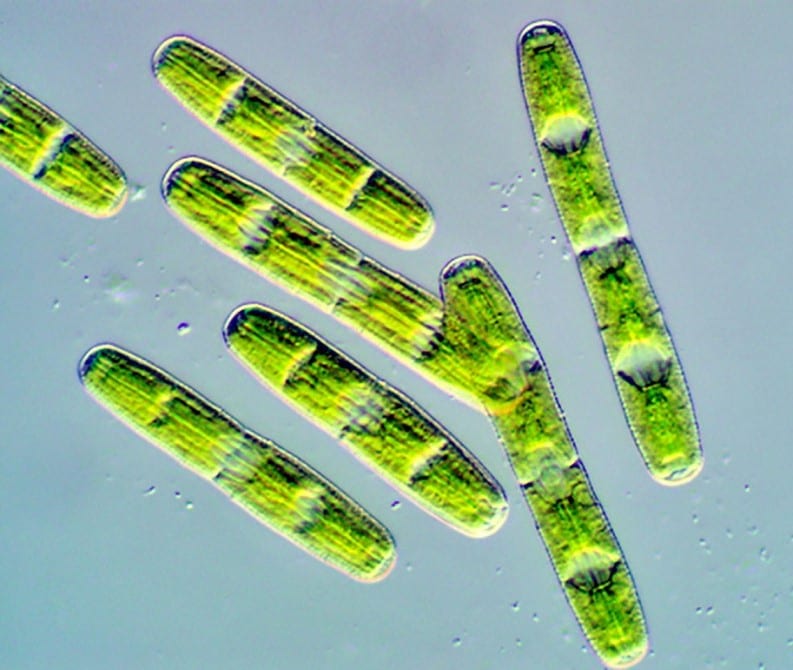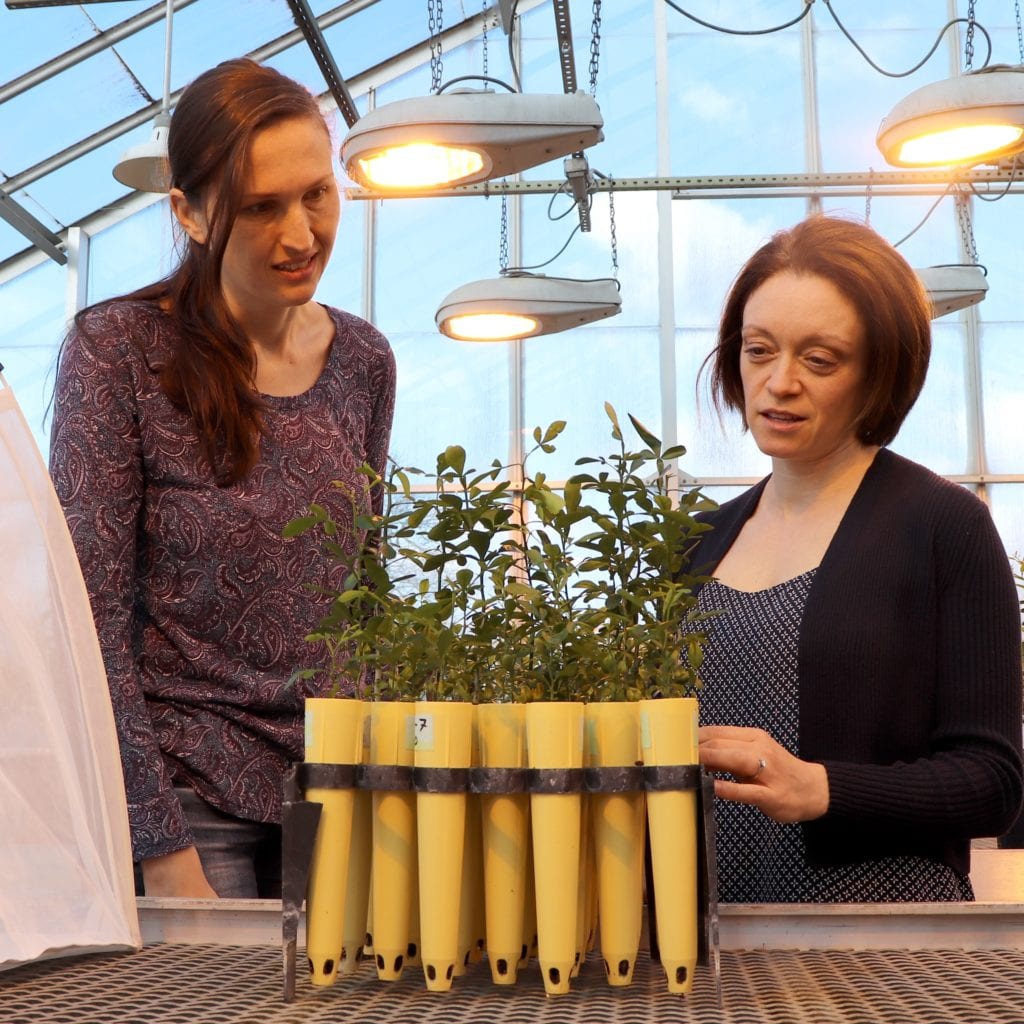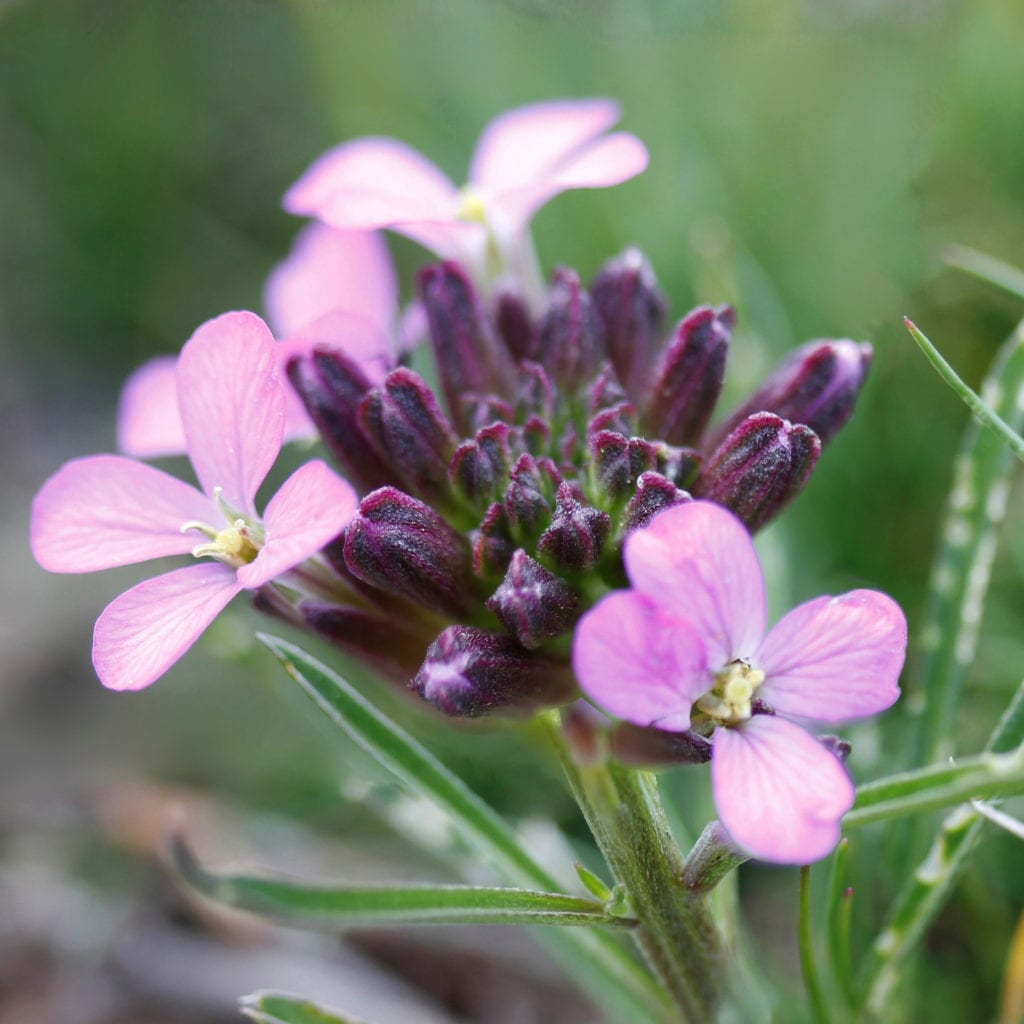For the Media
If you’re a member of the media looking for a compelling story, we can help. Our communications team is ready to help any journalist find the perfect story and accurate information about BTI’s latest discoveries.
Contact
Communications Office or 607-288-2578
For a deeper understanding of Boyce Thompson Institute, please watch the video about our story, view our history, and learn more about what we study.
Our research faculty are available for interviews and expert opinion. View BTI Faculty research areas.
Need a Logo?
Contact the Communications Office to request high-resolution images to accompany media releases.
Latest News
Congratulations Spring 2020 Graduates!
We are pleased to announce that six BTI researchers received their degrees from Cornell University this spring. Congratulations to our newest alumni: Jason Hoki, Schroeder lab, PhD in Chemistry & Chemical Biology, Dissertation title: “Development of...
BTI Graduate Students Receive Schmittau-Novak Grants
We would like to congratulate five BTI graduate students who are Spring 2020 Schmittau-Novak Grants Program recipients. Supported by a bequest from the estate of Jean Schmittau in honor of Joseph Novak, Cornell University Plant Biology Professor Emeritus, the...
Algal genome provides insights into first land plants
In order to shift from water to land – a transition that still puzzles scientists – plants had to protect themselves from drying out and from ultraviolet (UV) radiation, and they had to develop structures to support themselves without the buoyancy provided by...
Harnessing Psyllid Peptides to Fight Citrus Greening Disease
Citrus greening disease, also called huanglongbing (HLB), is a bacterial infection of citrus trees that results in small, misshapen and sour fruits that are unsuitable for consumption, ultimately killing the tree. Because there is no cure, HLB is a major threat to...
Wallflowers Could Lead to New Drugs
Plant-derived chemicals called cardenolides have long been used to treat heart disease, and have shown potential as cancer therapies. But the compounds are very toxic, making it difficult for doctors to prescribe a dose that works without harming the patient. For...


